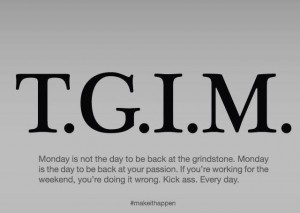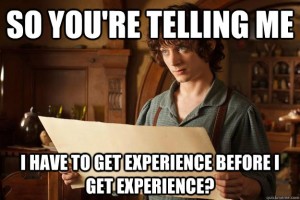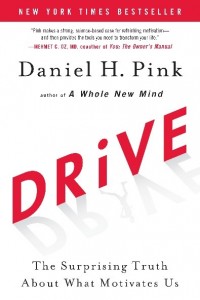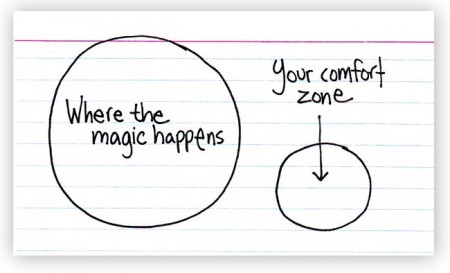How do you get ahead?
In sport, school, business –is there a secret formula? Is it about thinking outside of the box? Is it about thinking ahead and ‘predicting’ the future? Do you need the ability to think differently to out-think your opponent, develop a new theory or invent a new product?
Whether the above are secrets to success, I don’t know. What I do know (or at least, think I do) is that they are not the only ways to success. There’s one quote that nicely sums up my current thoughts on the topics.
“Success is doing ordinary things, extraordinarily well” – Jim Rohn
To try and add context to this. Here are my thoughts on how this can be applied in three areas – sport, school and business.
Sport
Dribbling is a basic element of football, yet when Messi does the above her looks extraordinary. He isn’t doing something unique, he is doing the basics extremely well.
In racket sports, people often focus on the movements of the racket to judge a player’s skills. If someone pulls off a trick shot, they are hailed. However it is often said by top racket sport athletes that footwork is the most important part of the game. It is the building block of their ability. Again it is a basic thing, however they can’t hope to compete at the very top if they don’t do it better than most.
School
Is school a test of knowledge or memory? Neither.
People often argue that school tests your memory, if you can learn everything the night before an exam you’ll be fine. But in reality that is a poor method for success in education. As for knowledge, whilst it helps, success in school isn’t completely limited to only those ‘born smart’.
School tests habits.
If you want to succeed in education, do the simple things well. Go to all classes, listen and learn. You don’t have to be a genius, you need to do what you’re expected to do and do it well!
Business
Here’s a business truth. Most ‘inventions’ were not the first design of that product. Often a ‘new’ product is an improvement on a previous invention from elsewhere that didn’t gain traction for one reason or another.
Google glasses, were not the first of their kind. Apple didn’t invent the iPod. So when you think that to have the next big idea you need to invent something, you’re instantly limiting yourself. Look around for what already exists but is flawed and improve on it. Those things may seem ordinary, but if you execute them perfectly, they will seem extraordinary.
Keeps things simple and do it well.


















